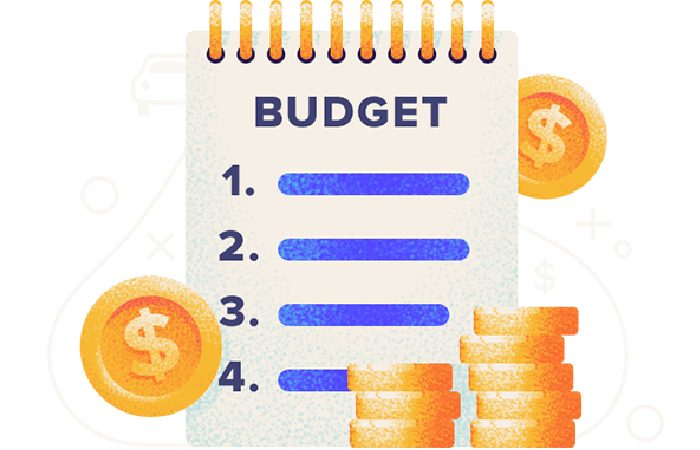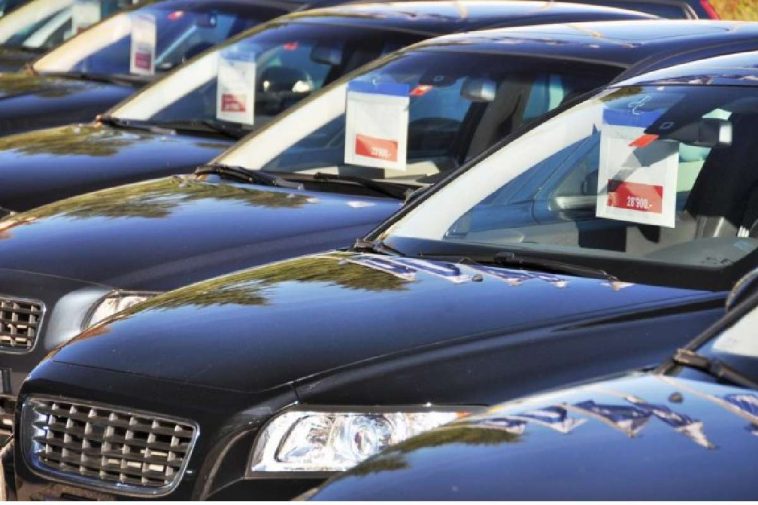Tips for Buying Used Vehicles for Your Business – Used cars are pre-owned vehicles that one or more owners have previously driven, and they are typically sold at a lower price than new cars and can vary in condition, mileage, and age. Here are some tips for buying used vehicles for your business
Below are Some of the Tips for Buying Used Vehicles for Your Business
1. Set a Budget:

Before you start shopping, determining how much you’re willing to spend on a used car is essential; it will help you narrow down your options and avoid overspending.
2. Please Research:
Once you know how much you’re willing to spend, it’s time to start doing your research. Read reviews, compare prices, and learn as much as you can about the different available vehicles.
3. Inspect the Vehicle:
Once you’ve found a few cars that you’re interested in, it’s time to take them for a test drive and have them inspected by a mechanic. It will help you identify any potential problems with the vehicle and ensure it’s in good condition.
4. Negotiate the Price:
Once you’ve found a vehicle you’re happy with, it’s time to negotiate the price. Be prepared to walk away if you’re not satisfied with the offer.
5. Get Everything in Writing:
Once you’ve agreed on a price, get everything in writing. It includes the purchase price, the trade-in value, and warranties or guarantees.
Following these tips can increase your chances of buying a used vehicle for your business and budget.
Here are some additional tips:
- Consider the type of business you have and the needs of your employees when choosing a used vehicle. For example, if you have a delivery business, you’ll need a car that can handle heavy loads.
- Look for a vehicle that has been well-maintained. It will help you avoid costly repairs down the road.
- Get a vehicle history report to ensure the vehicle hasn’t been in any accidents or major mechanical problems.
- Consider buying a certified pre-owned vehicle. These vehicles have been inspected and certified by the manufacturer, which can give you peace of mind.
By following these tips, you can increase your chances of buying a used vehicle that is reliable and affordable.
Here are the pros and cons of buying a vehicle for a small business:
Pros:
1. Increased Productivity: A company vehicle can help employees get to and from work more quickly and easily, increasing productivity.
2. Improved Customer Service: A company vehicle can help businesses provide better customer service by making it easier for employees to visit clients or deliver products.
3. Reduced Travel Expenses: A company vehicle can help businesses save on travel expenses by eliminating employees needing to use their cars for business purposes.
4. Increased Tax Deductions: Businesses can deduct the cost of a company vehicle from their taxes, saving them money.
Cons:
1. High Upfront Cost: Buying a company vehicle can be increased, especially if you purchase a new car.
2. Depreciation: The value of a company vehicle will depreciate over time, which means you will lose money on the investment.
3. Maintenance and Repairs: The cost of a company vehicle can be high, mainly if the car remains used frequently.
4. Insurance: The insurance cost for a company vehicle can be high, mainly if the car remains used for high-risk activities, such as deliveries.
Ultimately, deciding whether to buy a vehicle for a small business is a complex one that should remain made on a case-by-case basis. If you are considering purchasing a company vehicle, it is essential to weigh the pros and cons carefully and make the best decision for your business.
Here are some additional factors to consider when deciding whether or not to buy a vehicle for your small business:
1. The Size of Your Business:
You may not need a company vehicle if you have a small business with a few employees. However, a company vehicle can be valuable if you have a large business with many employees.
2. Your Business Type:
The kind of business can also affect whether or not to buy a company vehicle. For example, if you have a delivery business, you will need a car that can handle heavy loads.
3. Your Budget:
The cost of buying and maintaining a company vehicle can be high, so it is essential to ensure you have the budget to afford one.
If you decide to buy a vehicle for your small business, there are a few things you can do to save money:
4. Buy a Used Car:
Used vehicles are much cheaper than new ones.
5. Shop for the Best Deal:
Get quotes from multiple dealerships before deciding.
6. Consider Leasing a Car:
Leasing can be a good option for businesses that don’t need a car for an extended period.
By following these tips, you can save money on the cost of a company vehicle and make the best decision for your business.

